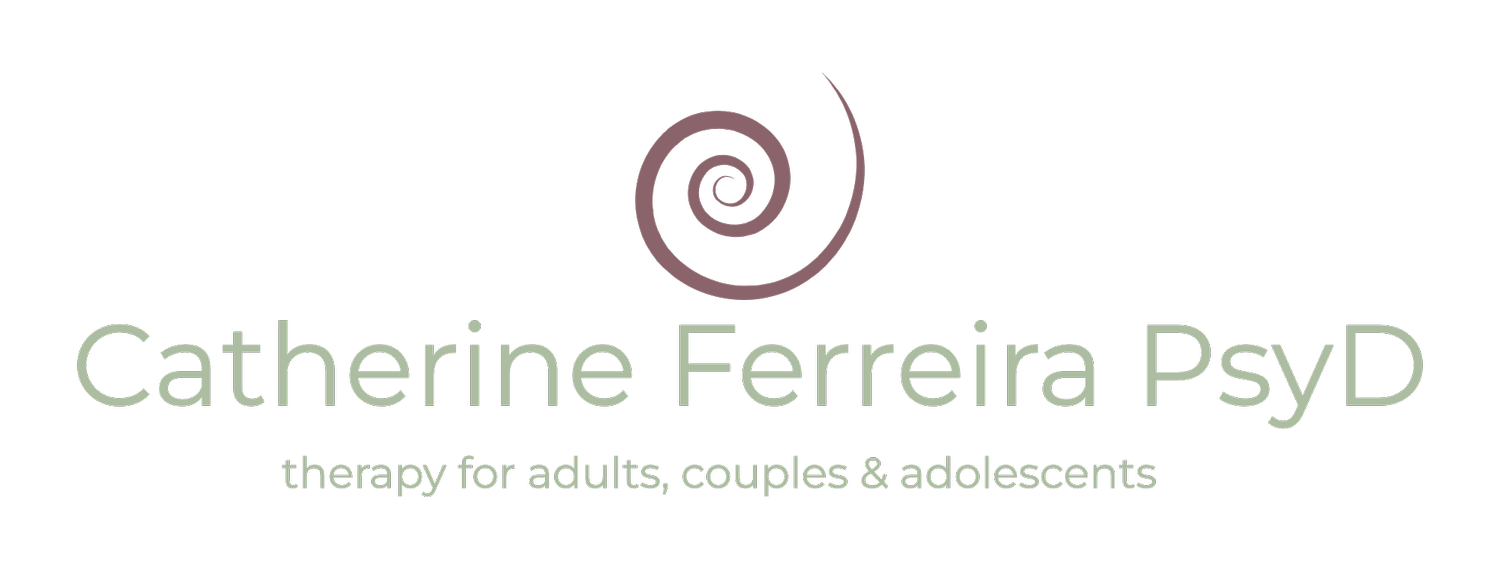
Trauma

Post-Traumatic Stress Disorder
Many people who have been hurt are left feeling confused and hopeless. Many people have feelings that scare them and leave them feeling that they’ll never get past their abuse. I have extensive training in helping people understand their experiences, talk about their feelings regarding having been abused or assaulted, and heal so that their lives are no longer defined by these painful experiences.
In my field, it is clear that victim/survivors often have to deal with the reactions of loved one’s to their abuse/assault. As much as family members want to help, they sometimes don’t know how and unintentionally say things that hurt. In my field we refer to this as the ‘second wound’. I recognize this process as it happens and help my clients deal with it and talk about their assault with loved ones who don’t know what to say.
Having trained and worked in the UCSF Department of Psychiatry’s Trauma Recovery Center, I have extensive experience helping people who have been victims of sexual assault, domestic violence, gang related violence, childhood sexual/physical/emotional abuse and other forms of violence. I can help you feel safe and in control again. Please don’t feel that you are alone – reach out to someone.
I have included the following brief educational piece in an effort to help you now. The following are thoughts and feelings that many people have following an assault. If you have these experiences, you can rest assured that you are not alone and that there is help available. Please call.
Common Reactions to an Assault:
RE-EXPERIENCING THE TRAUMA
Flashbacks (feeling as if you are still being assaulted)
Nightmares
Intrusive images (unexpected images, feelings, thoughts of the assault)
Recurring memories of assault (including having trouble not thinking about it)
Intense distress when reminded of the event (such as on the anniversary date or when asked about it)
Physical reactions to reminders of the trauma (trembling, heart pounding, etc.)
INCREASED ANXIETY, FEARFUL FEELINGS
Difficulty falling and/or staying asleep
Irritability and feelings of anger
Difficulty with concentration
Fears about personal safety - being constantly aware of one’s surroundings, for example
Feeling jumpy, reactive - startling easily
CHANGES IN USUAL REACTIONS AND FEELINGS
Feelings of depression and sadness
Tearfulness
Avoiding thoughts or feelings about the assault
Avoiding activities that remind you of the assault
Unable to remember some or all of what happened
Less interest or no interest in what you normally do during the day
Feeling detached and alienated from others - feeling alone and unable to feel emotionally connected to people
Not able to feel your full range of emotions - unable to feel joy/happiness or sadness
Feeling hopeless, or a loss of a sense of the future
